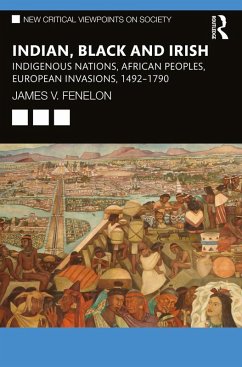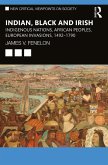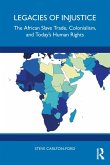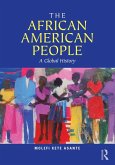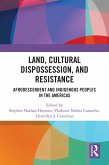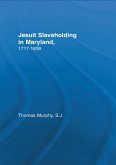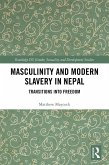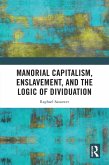Dieser Download kann aus rechtlichen Gründen nur mit Rechnungsadresse in A, B, BG, CY, CZ, D, DK, EW, E, FIN, F, GR, HR, H, IRL, I, LT, L, LR, M, NL, PL, P, R, S, SLO, SK ausgeliefert werden.
Eduardo Bonilla-Silva, Duke University, author of Racism Without Racists
"The history of capital, as Professor James Fenelon shows in this urgent and timely new study, is the history and racism and genocide. The story is told with great clarity, passion, and abundance of historical evidence. At a time when global capitalism is throwing communities around the world into desperate struggles for survival and threatening our very existence, this masterful study is as much a powerful indictment of the past and the present of this out of control system. as it is a dire warning of the future to come if we do not come to terms with the legacy of racism, colonialism, and genocide in the Americas and beyond."
William I. Robinson, Distinguished Professor of Sociology, University of California at Santa Barbara, Author of The Global Police State
"Once again, Dakota Professor James Fenelon offers a thoughtful, provocative, and engaging history examining race and racism globally. He focuses on Indigenous, Black, and Irish people, offering a global story of people and systems. The book analyzes the impact of colonialism, racism, and Native responses--past and present-of systems designed to denigrate, distort, and exploit. Fenelon focuses on agency and sovereign responses of people faced with rapid change and foreign disruptions. Superbly researched, elegantly written, and wonderfully argued, Fenelon draws on original sources, multiple illustrations, and his own experiences to offer this fascinating, groundbreaking study."
Clifford E. Trafzer, Rupert Costo Chair in American Indian Affairs , Distinguished Professor of History, University of California, Riverside

